ARTICLE AD BOX
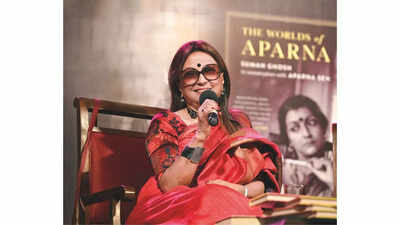
For many, auteur-actor Aparna Sen embodies sharp intellect, warmth, and unwavering honesty towards her craft. Filmmaker Suman Ghosh, who had earlier captured this essence in his documentary Parama: A Journey with Aparna Sen (2024), has now penned a book exploring all that was left unsaid in the film.
As Sen and her long-time collaborator Anjan Dutt joined Suman for a freewheeling chat on her legacy, filmmaking philosophy, and more, CT brings highlights from their conversation.I am glad to see so many women filmmakers today whose work stays with audiences. When I began, there were only a few. Now we have women editors, cinematographers and writers. In fact, I may soon be directed by Konkona– Aparna Sen
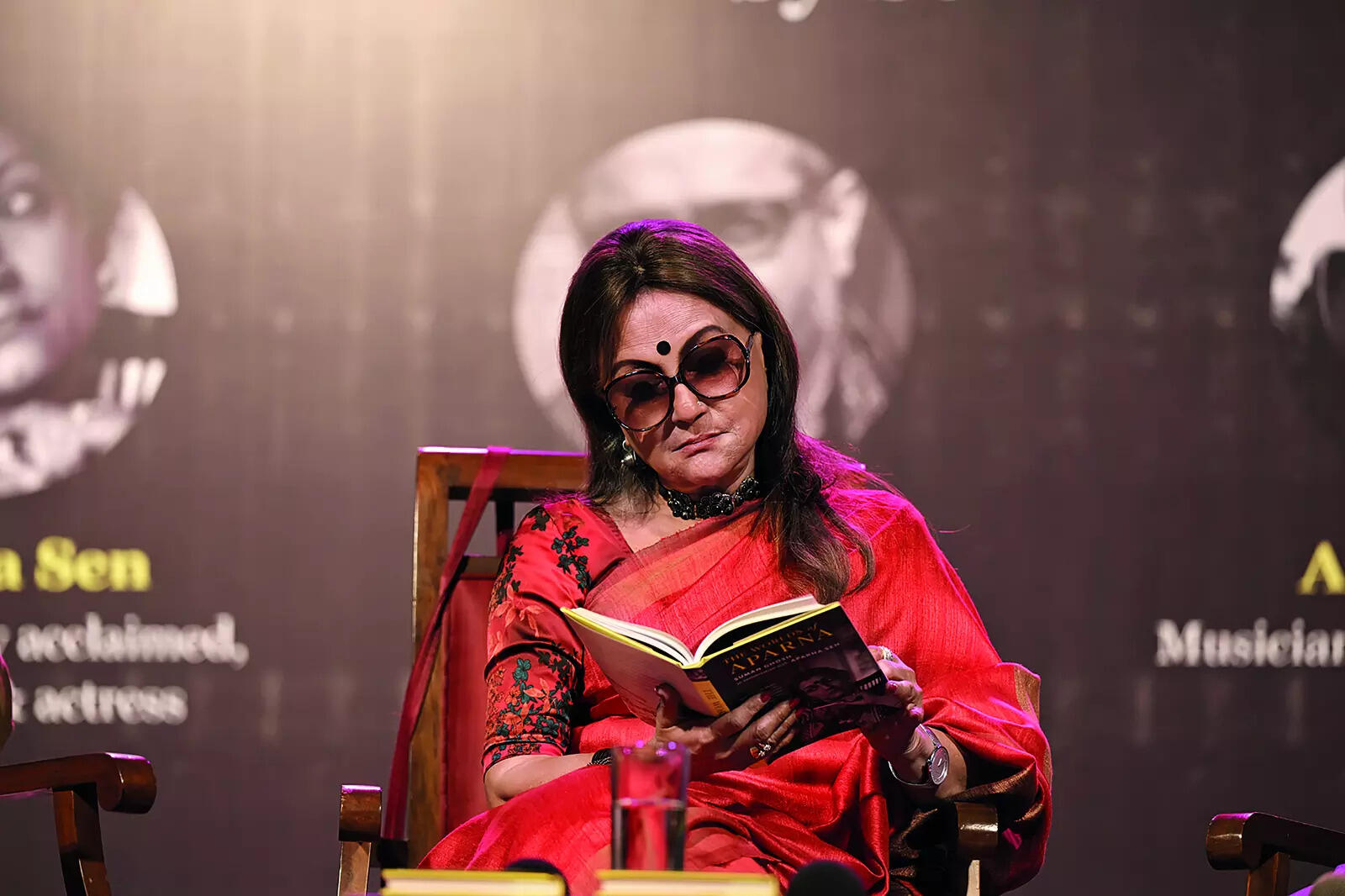
‘The book is not a traditional biography’Suman Ghosh (SG): This book is not a traditional biography, and was inspired by Cameron Crowe’s bookConversations with Wilder. The idea of a director interviewing another director was quite intriguing.
My book captures all that was left unsaid in my documentary – Parama: A Journey with Aparna Sen. I wanted people to know those anecdotes, and that is what led me to this book.Aparna Sen (AS): I liked the idea of Suman taking me to the actual locations where I had shot my films and interviewing me there. Later Suman told me that he had footage left from the documentary, and was planning to turn it into a book. What I admire about him is that he gets things done.
Anjan Dutt (AD): When Suman told me he was writing a book on Rina di, I was thrilled. There had to be one since she is not just a remarkable actor and filmmaker but also an editor, mother, wife, and social activist. I often joke that Kalyan da (Ray) should write a book on her and name it She is my wife. His perspective would be both powerful and personal. I keep telling her that its about time for a memoir, but she always finds excuses not to write one.
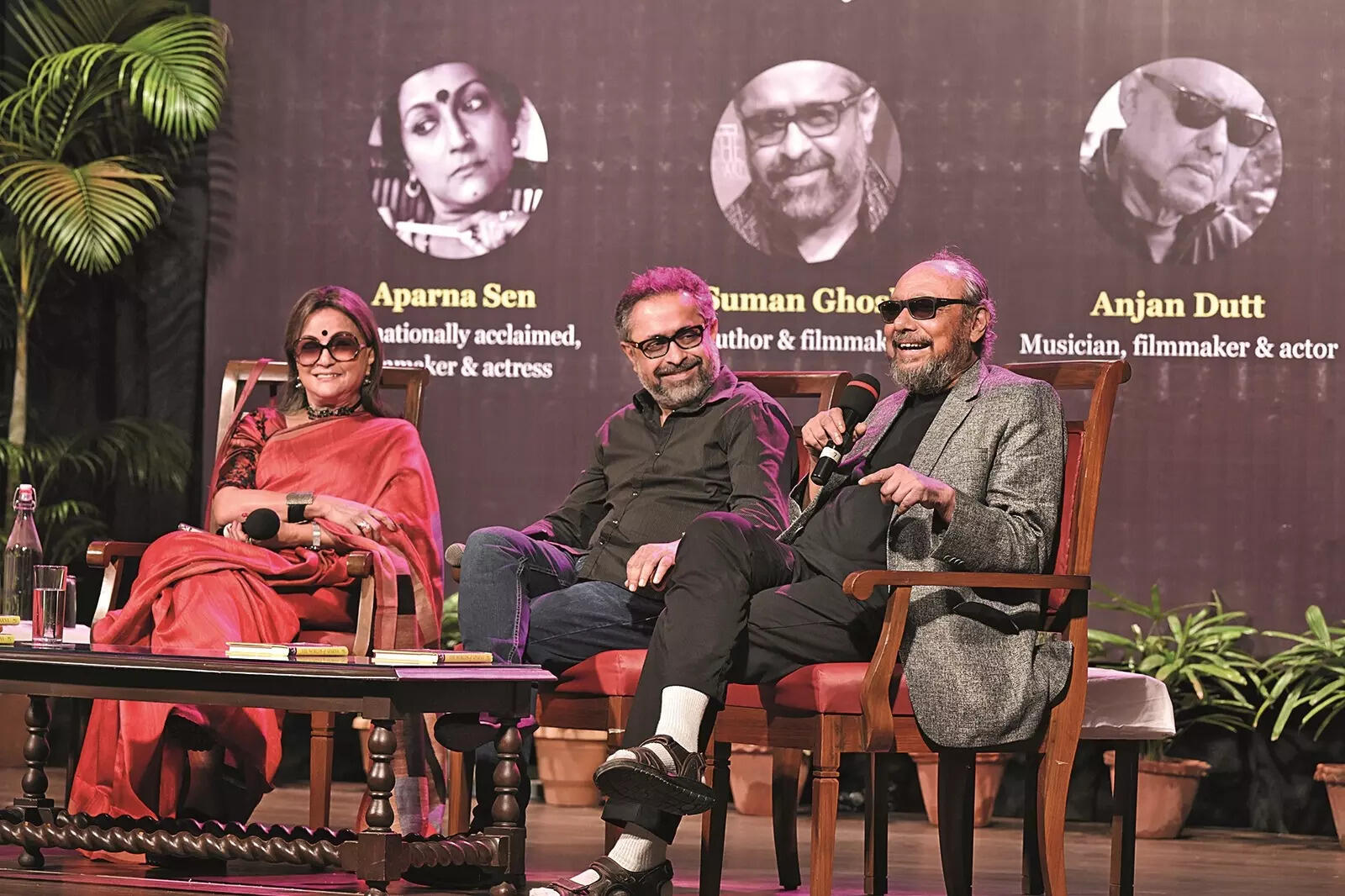
Aparna Sen’s legacy in Indian and global cinemaSG: Any great work of art, whether by a writer, musician, painter or filmmaker, should be preserved and passed down through generations. I feel fortunate to carry a part of Aparna Sen’s legacy through my documentary and book. She will always be remembered as a sensitive and revolutionary filmmaker. While Bengali cinema is often defined by Satyajit Ray, Mrinal Sen and Ritwik Ghatak, many others made their mark later. Her films such as Parama (1985), Paromitar Ek Din (2000), Mr.
and Mrs. Iyer (2002) & The Rapist (2021) are bold, timeless and deeply relevant.AS: I’d like to be remembered as a filmmaker whose work moved people emotionally or artistically. More than anything, I hope to be remembered for the legacy of intellectual and creative honesty that I inherited from my parents and passed on to my children. I also wish for the idea of India we grew up with never to be lost, even in difficult times.AD: I will always Rina di’s saying during the making of Yugant (1995) – “Films remain for the next generations, so we must give our best despite personal struggles”I lied to Rina di to grab my role in Yugant: Anjan Dutt
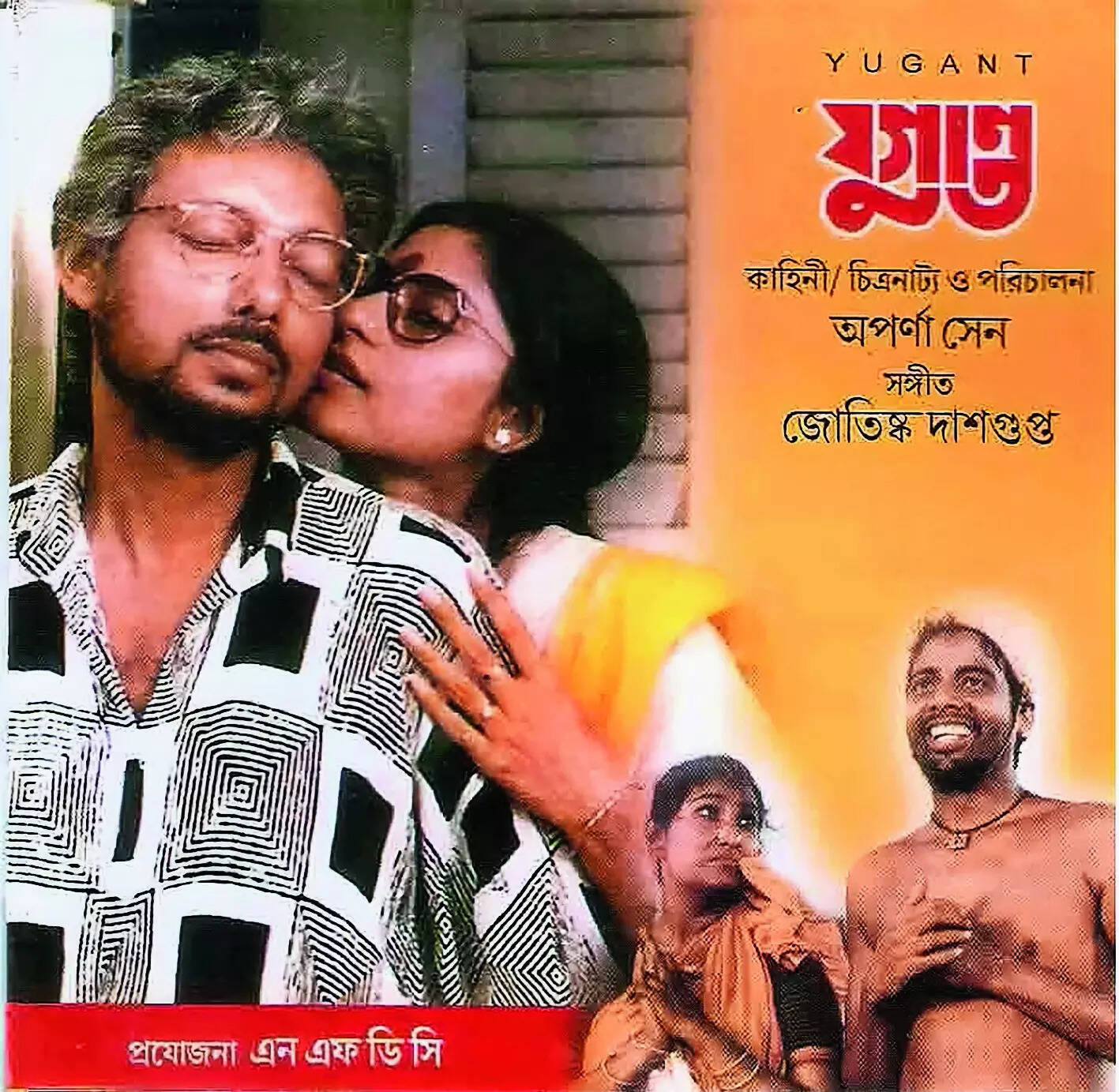
AD: I was young and working in an advertising agency with not many acting offers coming my way. A friend – Raja Dasgupta told me about a script reading at Aparna Sen’s house in Alipore and insisted on going, even though I had my hesitations. I remember she was reading out What the Sea Said to her friends when I reached, for feedback.
As I grew curious about the cast of the film, I learnt it would star Naseeruddin Shah and Shabana Azmi.
It later took shape as Yugant in Bengali,with me playing Shah’s role and Roopa Ganguly in Shabana’s shoes. The film turned my career around. Rina di saw something in me that others did not.AS: While filming Yugant, the weather never cooperated with us. The sun shone bright when we wanted rain, and it rained when we required sunlight.
During one shot, Anjan even crashed the car and broke his tooth.AD: I had lied to Rina di about my driving and swimming skills to bag the role. In the scene where I had to walk into the sea, I had to be hauled back and saved from drowning in reality.She did scold me a little, but I got to learn so much from her.AS: These actors always lie (laughs)! For a fact, Shabana did the same thing. She told me she could drive, but she actually couldn’t.
When I asked her why she took up the role, she said: “Otherwise, you would not have taken me.”AD: Rina di once told me, “You might not look good, but you can act well.” She still made me look good (laughs)! I believe she is one of the finest actor-filmmakers in the country.AS: I wanted strong actors for the film, and Anjan was one of them. He is a natural, and I wanted to capture his presence and movement on screen.I no longer get emotionally affected if a film doesn’t release despite good reviews: Aparna SenDiscussing her film The Rapist (2021), which premiered at the 26th Busan International Film Festival, but did not get a nod from the Censor Board for a theatrical release, Sen says, “When I direct, I fully immerse myself in the film.
But when I edit, I become detached – almost ruthless, looking at it as someone else’s work. Earlier it was difficult, but now I have learnt to protect myself. I still enjoy filmmaking immensely, but I no longer get emotionally affected if a film doesn’t release despite good reviews.
”How 36 Chowringhee Lane came to beingIt was when Aparna Sen was living and feeling disillusioned with her work that she wrote a short story that later became the screenplay for 36 Chowringhee Lane (1981). “Many told me it was a nice intellectual exercise, but no one would want to make an English film,” she recalls, adding, “I showed it to Manik kaka (Satyajit Ray), and after reading it, he encouraged me to make the film.” It was on his advice that Sen wrote to
Shashi Kapoor
. “I wanted him to trust me, so I kept rewriting the letter, correcting every mistake,” she says, revealing that he liked the synopsis so much he invited her to Mumbai. “After I read the script to him, he said it’d be done in a month,” she recalls. He even paid Sen `30,000 and doubled it upon the film’s completion. “He told me – a director must be paid more than everyone else.”

 7 hours ago
6
7 hours ago
6







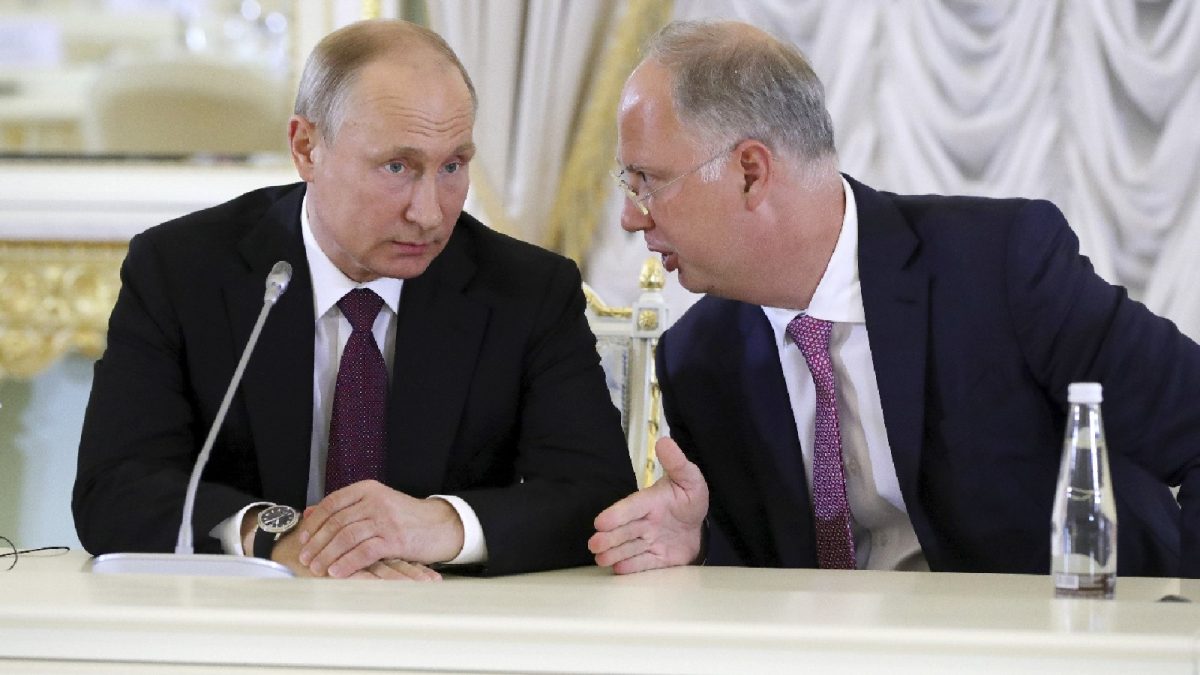
 English (US) ·
English (US) ·